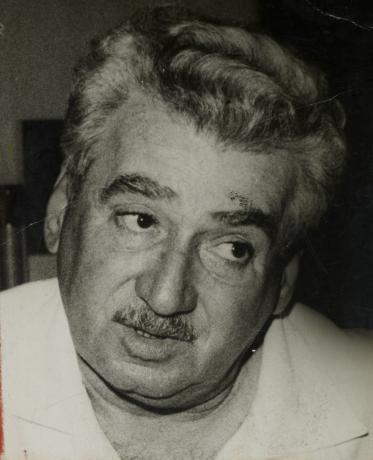The conflict that, in fact, constituted the start of the first world war went to BattleinLiege, in Belgium. This battle demonstrated the firepower of the modern German army and the bravery of the Belgian resistance which, despite from the disadvantage of the enemy army, he resisted for twelve days, defending the city that gave its name to the battle. This battle lasted from 4 to 16 August 1914.
It all started with the well-known terrorist attack that resulted in the death of the heir to the throne of Austria-Hungary, Francisco Ferdinando, in the city of Sarajevo. After this episode, Germany and Austria-Hungary, his ally, tried to put the count's plan into execution. AlfredvonSchlieffen, elaborated as early as 1905, which foresaw a rapid and precise German attack on France and Russia. One of the goals was the destruction of the construction project of the GreatSerbia and the entire pan-Slavist strategy advocated by the Russian Empire.
However, for the plan to work, the German army needed to reach France by marching first through Belgium and Luxembourg. Initially, the Germans believed that they could pass through Belgian territory without facing resistance, just signing an agreement. But that didn't happen, and from the 3rd to the 4th of August 1914 two German fronts penetrated Belgian territory, led by the generals
Moltke and alexandervonKluck. It was the beginning of the “war of movement”, as the researcher Luiz de Alencar Araripe shows:“Under the leadership of their brave King Albert I, not only the army but the entire Belgian people resisted the invasion. Snipers lashed out at the Germans everywhere, and the Germans used the heavy artillery, the gigantic 420mm mortars, to neutralize resistance. They bombed towns and villages, resulting in large numbers of civilians killed, wounded and homeless. Not reaching the goal, they took and shot hostages. Brutal procedure, acknowledged Moltke in a letter to General von Hötzendorf; 'but we are fighting for our survival and everyone who stands in our way will have to suffer the consequences', he justified. "[1]
The Germans concentrated fire on the fortified city of Liège, strategic base for the Belgian defense, because of the forts that surrounded the city. The Belgian resistance still managed to cause sensitive casualties in the German army. Out of 58,000 soldiers, at least 20,000 died. In this battle, several weapons considered very modern at the time were used by Germany, since cannons and mortar launchers and even Zeppelin airships, in charge of dropping bombs on Liege.
GRADES:
[1] ARARIPE, Luiz de Alencar. First World War. In: MAGNOLI, Demetrius. History of Wars. São Paulo: Ed. Contexto, 2013. P. 333.
By Me. Cláudio Fernandes

